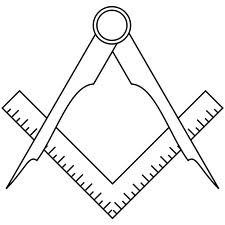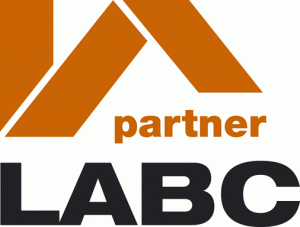| the Christopher Huntpractice architectural and building design for residential development |
|
Site
Menu
 |
|
|
|
Project
Management
GENERALLY:-
The term Project Management used here refers to the responsibility for a construction project fulfilled by
It is not normal for the building designer to complete this task unless they too are offering it as a service within a Design and Build type of contract which is unusual. However, sometimes a client may know of a builder unwilling to provide a fixed price for all of the works and would offer this service as an option. This can also be referred to as 'Management Contracting'. Sometimes, clients have some building knowledge and wish to act as their own project manager but again this is a very rare situation and not recommended for the inexperienced home owner. Sometimes a client may be inexperienced in construction works and the Project Manager may then have to develop his own brief. In other circumstances, the duties of a Project Manager may be tailor-made to fit in with the Client’s own expertise and requirements, the type of construction work involved and the timing of the appointment. A Client may have an in-house Project Manager or can employ an independent person. When the person is independent, his duties will often include all or some of the following; Outset
Set-up
Pre-contract
Contract
Post-contract
Nearing completion
Completion
The above list is adapted from the Second Edition of the Code of Practice for Project Management for Construction and Development by the Chartered Institute of Building (published by Longman ISBN 0-582-27680-2). The list is generally applicable to a major project, but can be adapted to cover projects of a smaller scale.
| |
Christopher Hunt MCIAT is not an Architect or a member of the RIBA but a Chartered Architectural Technologist - a professional building designer specialising in residential development from home extensions to new builds including conversions and refurbishments. He is a full member of CIAT which is a different and alternative qualifying body for professionals dealing with building design. If you specifically want an Architect click this link Home page About us Previous schemes gallery Client guides Client options after approval Construction News CIAT News Resources Home Building Contact Us Site Map |
|
|
|
|
Client Area:- Visit our Social Network Pages |
|
|
Work Areas
Residential development for household extensions, conversions and new dwellings. Measured surveys and roof inspection reports. Drawing plans on cad and specifications for planning permission, planning consent, planning approval, local authority approvals, building surveys and party wall act. Chartered Architectural Technologists belong to CIAT (the Chartered institute of Architectural Technologists). Key search phrases include - building designers, extend your home, extension guide, permitted development, planning advice, planning guide, planning gain. |
|
|
Article of the month:- Home building design ideas....
|
This page last updated:
© Copyright Christopher Hunt 2014. All Rights
Reserved.
|


 As a professional discipline, Project Management has been the subject of
numerous definitions and great confusion in the industry. To complicate things further, the IT industry has
high-jacked the term, so most jobs advertising for Project Managers now have nothing to do with construction
but a lot to do with IT networks.
As a professional discipline, Project Management has been the subject of
numerous definitions and great confusion in the industry. To complicate things further, the IT industry has
high-jacked the term, so most jobs advertising for Project Managers now have nothing to do with construction
but a lot to do with IT networks.





